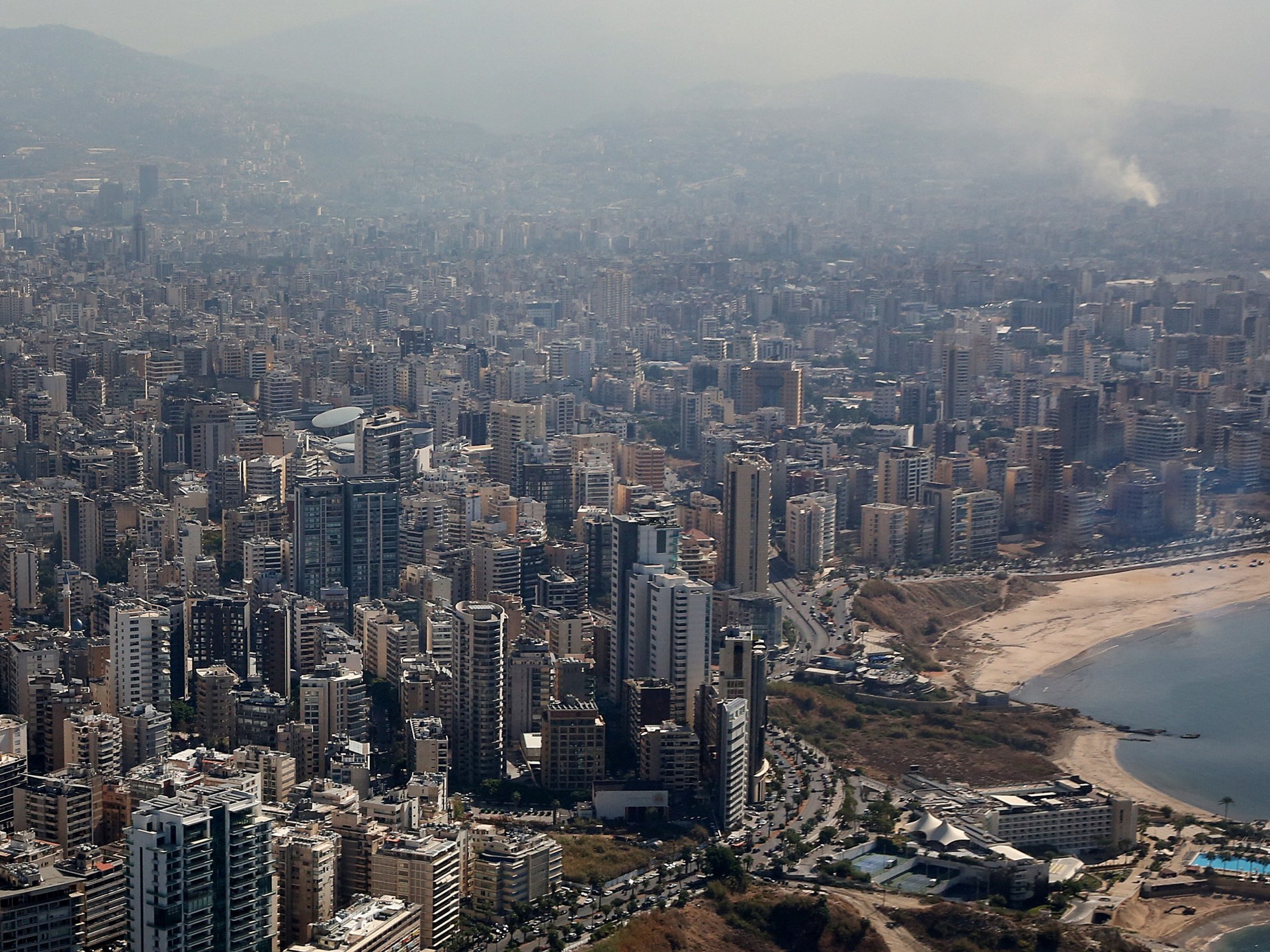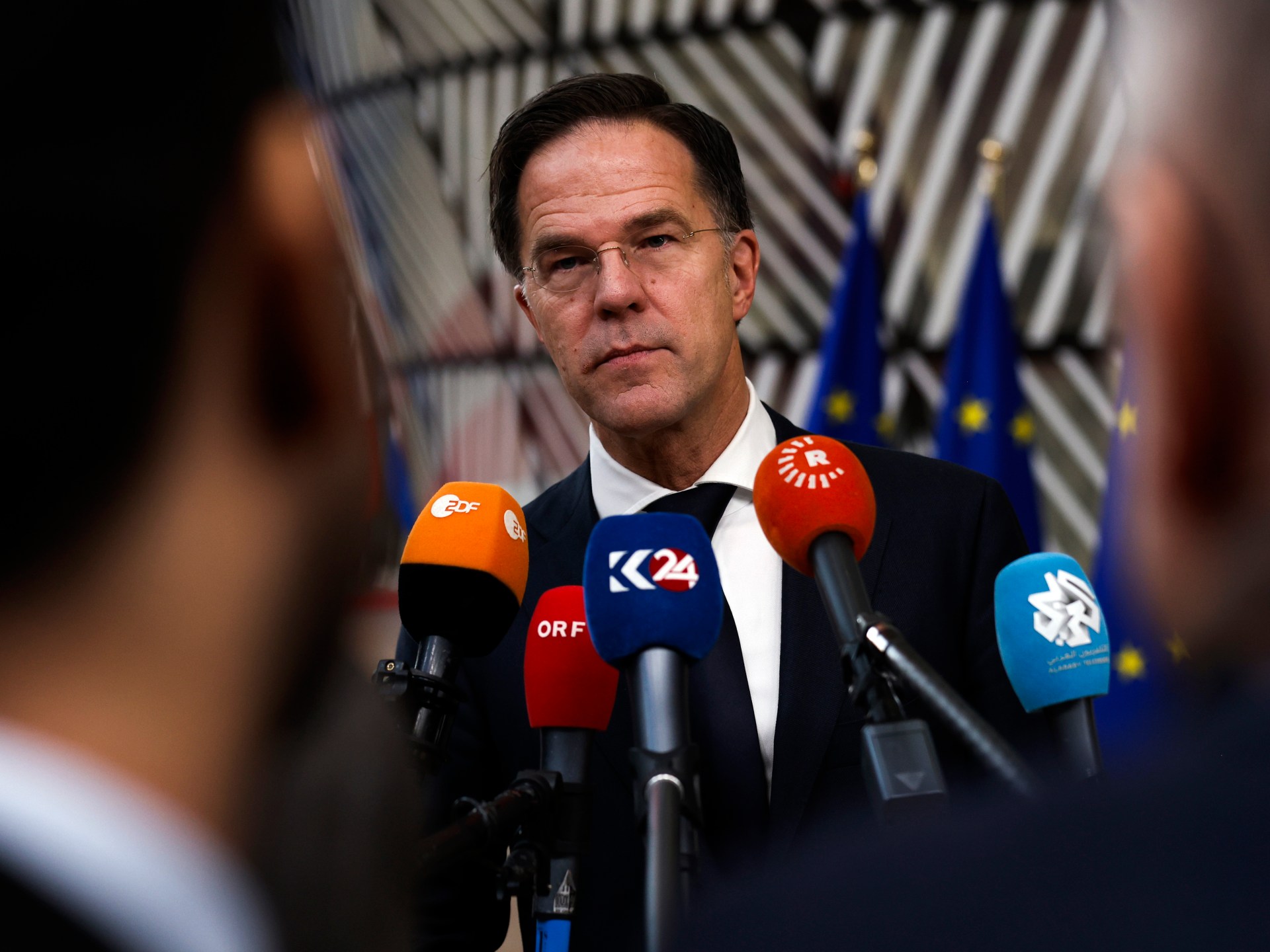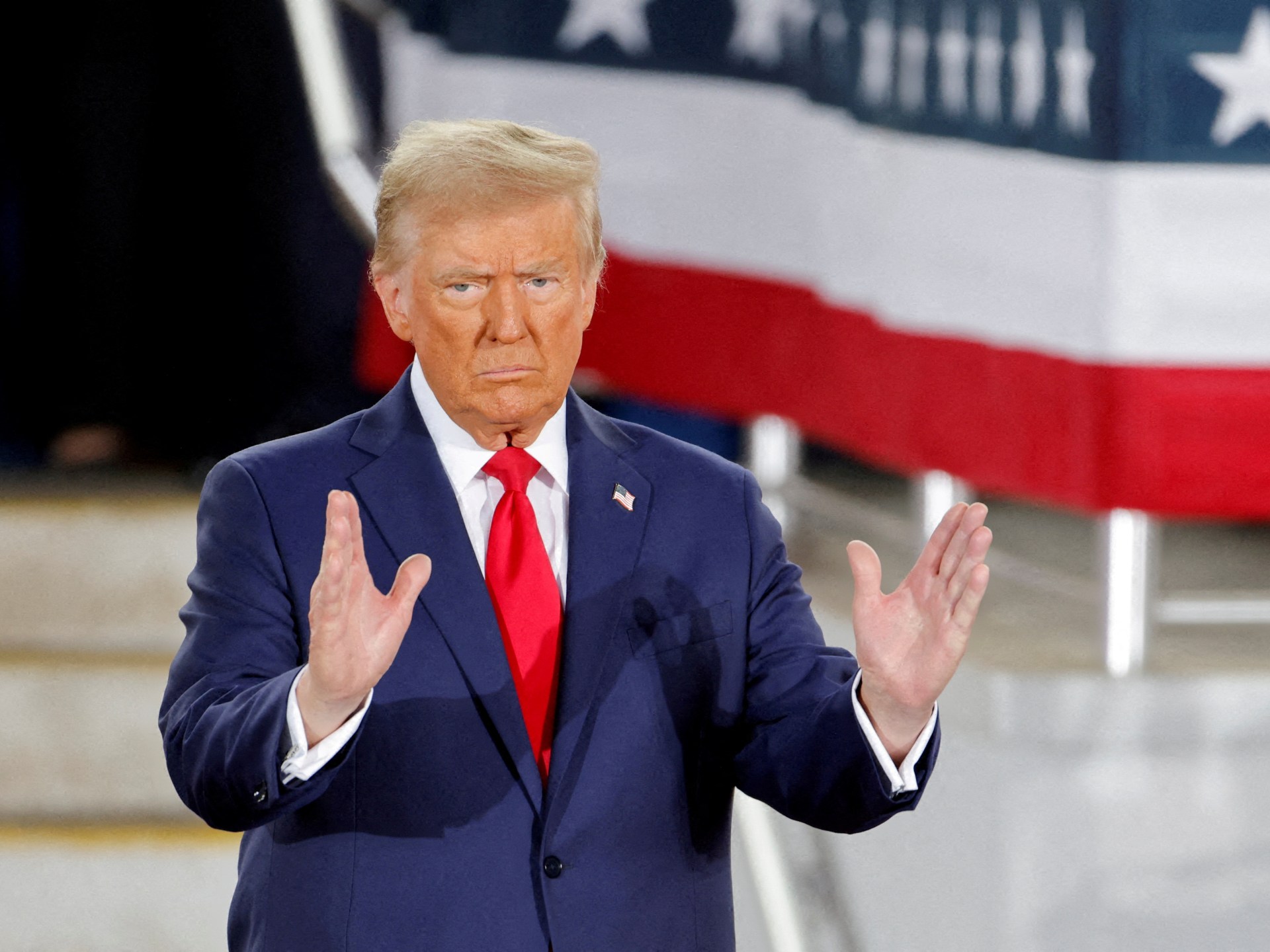

A global anti-money laundering watchdog has added Lebanon to its “grey list” of nations that are subject to increased monitoring of financial transactions.
The Paris-based Financial Action Task Force (FATF) said on Friday that Lebanon had made progress on several recommended actions and would continue to implement reforms.
Lebanon has been in a financial crisis since 2019 that has been left to fester by the country’s leaders and now faces growing damage from Israeli air strikes and ground operations against the Lebanese armed group Hezbollah.
The grey-listing could potentially further deter investment in Lebanon and could affect the relationship between some Lebanese banks and the global financial system.
“Of course, we recognise the extremely grave situation that Lebanon is currently facing,” said Elisa de Anda Madrazo of Mexico, which currently holds the organisation’s rotating presidency.
Lebanon’s being put on the grey list “should not impede relief efforts … and we are working to ensure that channels of humanitarian aid remain open,” she said.
De Anda said that being put on the grey list was not a “punitive measure” and was part of the process of helping nations develop action plans to make improvements.
The FATF also said it added Algeria, Angola, and Ivory Coast to its grey list.
Senegal was removed from the grey list and the FATF noted improvements, including in its ability to investigate and prosecute money laundering cases linked to corruption.
The FATF made no changes to its “black list” of nations against which countermeasures should be taken to protect the international financial system from money laundering and terrorist financing risks emanating from those countries.
Iran, Myanmar and North Korea are on the black list.
Related News

Spain deploys 10,000 more soldiers and police to flooded Valencia region

National Guard member who leaked classified documents sentenced to 15 years

NATO, Pentagon confirm deployment of North Korean troops to Russia


